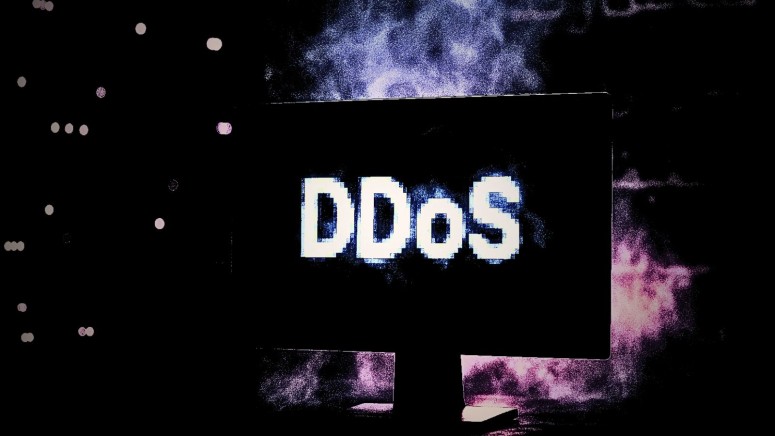
HEZI RASH Claims DDoS Attack on Iraqi Electoral Commission Website
- Attack claim: An entity known as HEZI RASH has claimed responsibility for a DDoS attack.
- Target: The specified target is the official website of Iraq's Independent High Electoral Commission (IHEC).
- Impact: Following the claim, the IHEC website was reported to be down and inaccessible.
An actor identifying as HEZI RASH has claimed responsibility for targeting the official website of the Independent High Electoral Commission (IHEC) of Iraq, a critical Iraqi government entity, with a Distributed Denial-of-Service (DDoS) attack.
Analysis of the HEZI RASH Cyberattack
The alleged HEZI RASH cyberattack utilized a DDoS methodology, a common form of cyber assault designed to overwhelm a server with a massive volume of traffic from multiple sources. This flood of malicious requests exhausts the server's resources, rendering the website or service unavailable to legitimate users.
The website, located at ihec.iq, was reported to be down at the time of the claim, according to FalconFeeds.io, indicating a successful disruption of service.
Attacks on electoral commission websites are particularly concerning due to their critical role in providing essential information to the public, managing electoral processes, and ensuring transparency.
This incident highlights the vulnerability of governmental digital infrastructure to malicious cyber activities. The motivations behind this specific attack have not been publicly stated by the claiming party, but it comes ahead of the Iraq parliamentary elections on November 11, 2025, which the popular Sadrist Movement, led by Shiite cleric Muqtada al-Sadr, is boycotting.
Cybersecurity Implications for Government Infrastructure
This IHEC website DDoS attack serves as a serious reminder of the ongoing threats facing public sector institutions. Disrupting an electoral commission's online presence can erode public trust, impede access to vital information, and create a perception of instability, regardless of whether the attack impacts core electoral systems.
The incident underscores the necessity for robust DDoS mitigation strategies, resilient network architecture, and rapid incident response protocols for government bodies worldwide to ensure the continuity and integrity of their digital operations.
A few days ago, the Dark Storm Hacktivist Gang Claimed a DDoS attack on the SpaceX website. Earlier this month, several prominent Indian government and academic websites have been reportedly targeted in a series of DDoS attacks claimed by two hacktivist groups.









